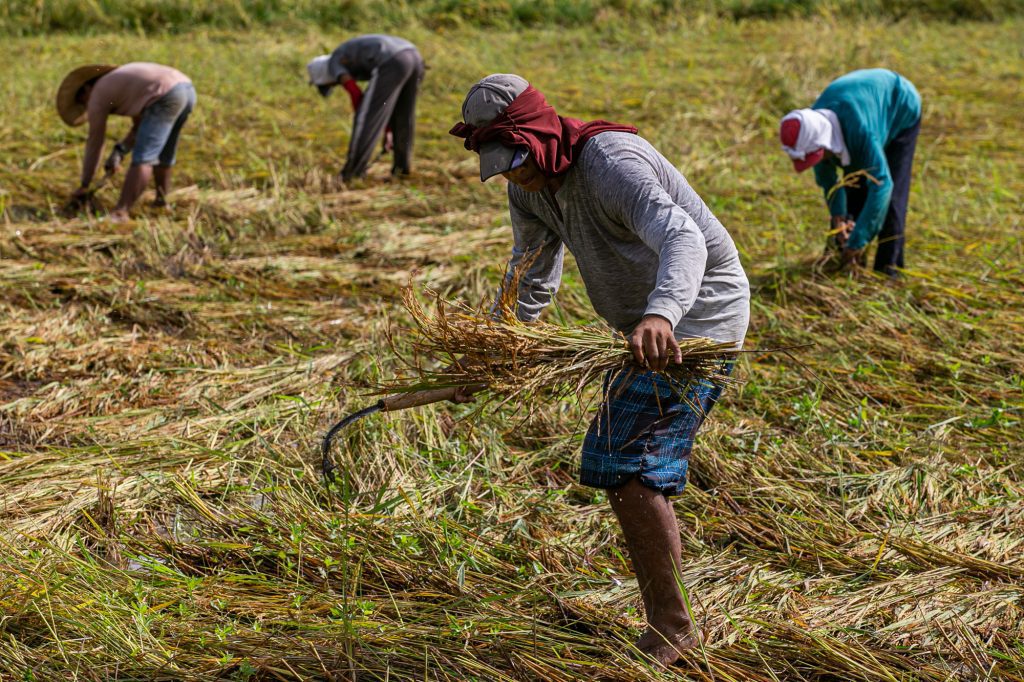
A non-government group this week warned against the impact of the Philippine government’s decision to allow the commercial propagation of genetically-modified “golden rice,” which experts said will combat Vitamin A deficiency in the country.
The Department of Agriculture’s Bureau of Plant Industry has issued a biosafety permit on July 21 allowing local farmers to grow the “vitamin A-precursor beta-carotene enriched” rice.
The genetically-modified rice was developed by the Philippine Rice Research Institute in collaboration with the International Rice Research Institute.
The country is the world’s first to approve the commercial propagation of “golden rice” that contains “additional levels of beta-carotene, which the body converts into vitamin A.”
According to studies, one cup of cooked “golden rice” contains enough beta-carotene to meet up to 30 to 50 percent of the vitamin A needs for children under the age of 5, who are at most risk of vitamin A deficiency in the Philippines.
The farmer-scientist organization MASIPAG, however, said the impact to the agriculture industry of genetically-modified rice outweighs its health benefits.
The group said the promotion of a single-crop diet will destroy diversity and farmlands “due to extensive chemical inputs and mono-cropping.”
It said the “golden rice” would also hasten the shift of farmers’ control of seeds to huge transnational corporations.
The group said the primary causes of malnutrition and vitamin deficiency in the country are “lack of access to sufficient, nutritious and safe food due to poverty, inaccessibility, and the changing food production and consumption patterns.”

Cris Panerio, national coordinator of the group, said the billions of pesos spent for the development of the genetically-modified rice “would have been put into better use if it was utilized for genuine support to diverse local production of food.”
He accused the government of conniving with huge transnational corporations in fast-tracking the “approval and launching of different genetically-modified projects and researches.”
He said “it is very disturbing” that “corporate interest attempt to dominate our farmlands and plates with profit-oriented produce.”
Panerio urged the agriculture department “to immediately junk the decision” of the Bureau of Plant Industry and “heed the call of the small farmers and consumers.”
“Genetically modifying our staple food would put the health, food security, and livelihoods of our farmers at grave risk. There is no gold in golden rice,” he said.
The Catholic Diocese of San Carlos and the network Eco-Convergence in the central Philippines have issued a position paper against the commercial use of genetically-modified farm produce.
They warned that the herbicides and pesticides used in GMO crop production “cause farmers’ dependence on toxic chemicals.”
Bishop Gerardo Alminaza of San Carlos said he is “perturbed” that farmers will be forced to “become fully dependent on GMO seeds” from huge biotechnology corporations.
The prelate reminded the public that the human family has the responsibility to “respect the integrity of God’s Creation,” which he said, was explained in Pope Francis’ encyclical Laudato Si.






0 Comments